- About Us Show more
- About Us Show more
-
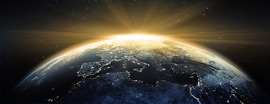
- UNICERT offers quality value-added assessment services bringing consistency, optimisation and efficiency to improve clients’ management systems, with minimal disruption and cost to the operations.
- Find out more
-
- Services Show more
-

Certification
Formally confirming that your products and services meet all trusted external and internal standards.
Learn More
Inspection
Validating the specifications, value and safety of your raw materials, products and assets.
Learn More
Testing
Evaluating how your products and services meet and exceed quality, safety, sustainability and performance standards.
Learn More
Training
Equip your team with the vital training they need to remain at the top of their profession.
Learn More
-
- Services Show more
- Information Show more
- Information
Show more
-

- For more details of UNICERT and accreditation mark information please communicate by email: info@unicert.co.uk
-
- Standards & Industries Show more
- Contacts Show more
-
-
Global Reach
- UNICERT is the industry leader with many regions in the world. Whether your business is local or global, we can ensure your products meet quality, health, environmental, safety, and social accountability standards for virtually any market around the world.
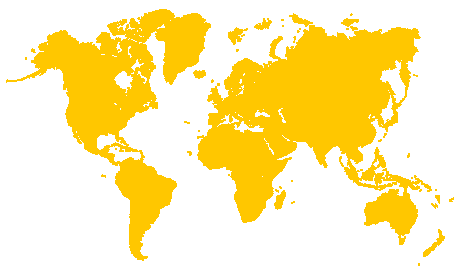
-
-
- Worldwide Show more
- Home /
- Inspection /
- Water Quality /
- Surface Water /
- Oil & Grease and DO

Oil & Grease and DO
UNICERT is the leading inspection body in the area of water quality test for Oil and Grease and its objectives are to reduce environmental emission/pollution and enhance environmental performance of the society.
Oil and Grease:
Oil and grease includes fats, oils, waxes, and other related constituents found in water, generally wastewater. If these compounds are not removed before discharge of treated wastewater, oil and grease can interfere with biological life in surface waters and create unsightly films.
Fats and oils are contributed to domestic wastewater in butter, lard, margarine, and vegetable fats and oils. Fats are also commonly found in meats, in the germinal area of cereals, in seeds, in nuts, and in certain fruits. The low solubility of fats and oils reduces their rate of microbial degradation.
Kerosene, lubricating, and road oils are derived from petroleum and coal tar and contain essentially carbon and hydrogen. These oils can reach sewers in considerable volume from shops, garages, and streets. The mineral oils coat surfaces to a greater extent than fats, oils, and soaps, and the particles interfere with biological action and cause maintenance problems.
Effects of Oil and Grease:
Spilt oil can pollute streams, rivers and, if it soaks through the soil and rock, groundwater. Oil is toxic and harmful to plants and animals and a threat to their habitats.
Environmental impact of oil
Many drains lead directly to rivers, streams or lakes, and if you allow oil to enter a drain it can have the same effect as you pouring it directly into a watercourse. Just 1 litre of oil can contaminate 1 million litres of water. Oil pollution can have a devastating effect on the water environment, it spreads over the surface in a thin layer that stops oxygen getting to the plants and animals that live in the water. Oil pollution:
- harms animals and insects
- prevents photosynthesis in plants
- disrupts the food chain
- takes a long time to recover
Wildfowl are particularly vulnerable, both through damage to the waterproofing of their plumage and through eating the oil as they preen. Mammals such as water voles may also be affected too.
In the ground and soil oils coat or kill the organisms which are necessary to maintain the environmental balance.
Human Effects
It’s not just the effect oil has on wildlife; oil contamination can make water unsuitable for irrigation and damage how water treatment plants work. Oil spills can make drinking water sources unfit for use and is very expensive to put right. If oil is spilt near to a building the oil vapours could enter the building making it unsafe for habitation.
This could mean the building becomes unusable until expensive restoration work is completed, or in extreme circumstances the building may need to be demolished. If this is your home or place of work this can be devastating.
Interested Parties including Regulatory Authorities:
- Persons affected by Oil and grease
- Industries, Laboratories using/ Generating Oil and grease
- Warehouses Containing Oil and grease
- Motor Vehicles for personal and commercial uses
- Private / Govt. Projects to control Oil and grease
- Handling and transportation of goods containing Oil and grease
- Local Environmental Department/ Authorities
- Local Government Authorities like Municipalities, City Corporation etc.
- Local Law Enforcing Agencies like Police, Magistrate and Regulatory Authorities etc.
Benefits of Monitoring:
By monitoring long-term contamination trends, every country establishes baseline contamination levels, making it possible for early identification of contamination events. Daily events and long term trends are captured and steps taken to reduce environmental emission/ pollution and enhance environmental performance of the society.
INSPECTION
ACCREDITATION
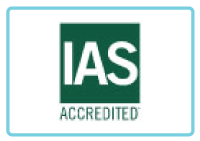
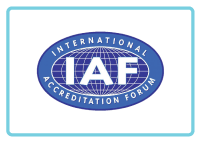

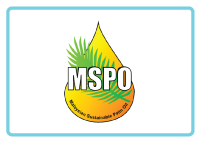

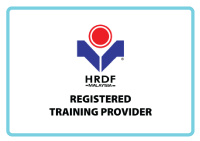
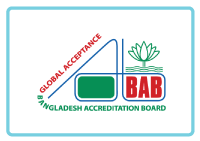
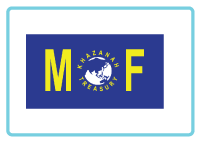
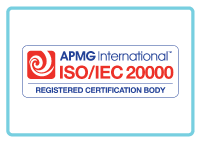
Copyrights © 2020 All Rights Reserved.


